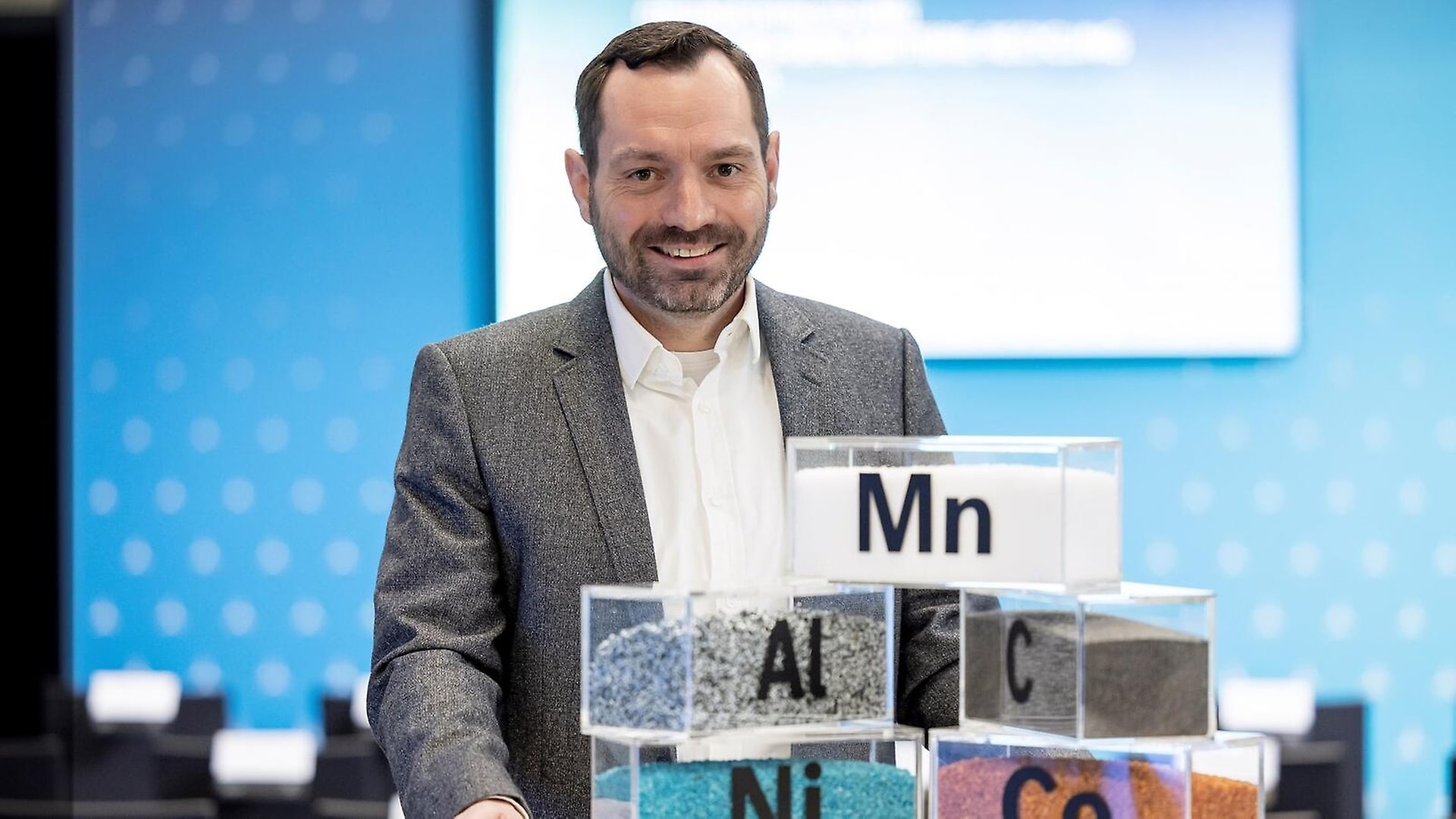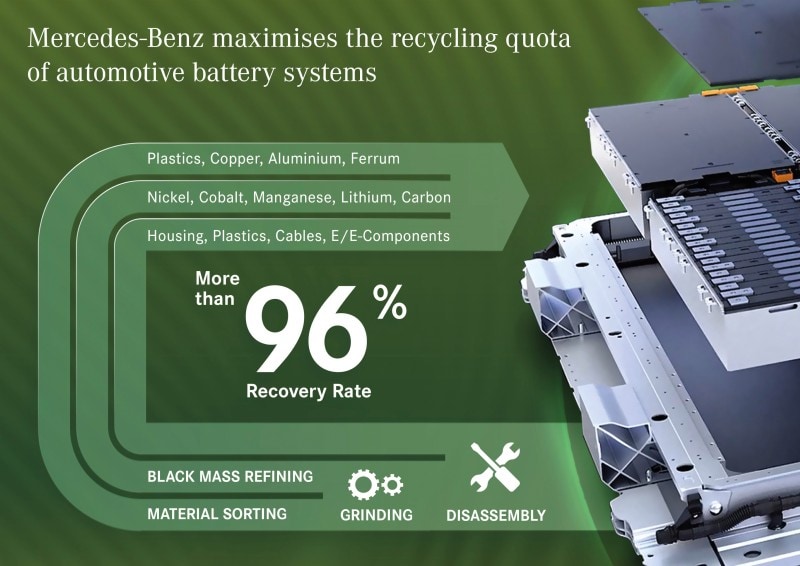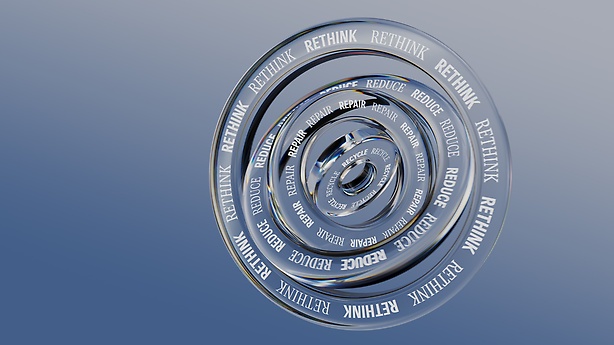How do you evaluate battery recycling from a social perspective?
It is part of our social responsibility to conserve scarce resources and keep materials in the loop for as long as possible. Innovative recycling processes help in achieving this goal. They are a third important pillar alongside reprocessing and the longest possible reuse, for example in a stationary energy storage system. At present, we expect the relevance of battery recycling will increase especially from the 2030s onwards, when the vehicle batteries used today will be successively phased out. We must now begin with the development of corresponding processes in order to decouple economic growth and resource consumption more strongly.
How do you build up the expertise at the new location - do you primarily retrain employees for the new job profiles?
Yes, this works very well. As in the existing plants, we need production planners, process engineers and employees who can operate high-tech facilities. Even employees who have worked in transmission assembly for decades can be qualified for new job profiles with the help of targeted learning paths for dealing with battery technologies. The Mercedes-Benz Group offers corresponding opportunities with its Turn2Learn training programme. In addition, colleagues from cross-functional areas such as human resources, maintenance and controlling also contribute. These jobs will continue to exist.
In the longer term, with battery recycling, you are building up a source of raw materials that will make you less dependent on volatile markets, but also on the mining of critical raw materials. What does this partial withdrawal mean for the people at the beginning of the supply chain?
This important question highlights the complexity of the transformation towards a fully electric future. Finding solutions for such changes can only be achieved through collaboration. A multitude of partners along the entire value chain and beyond must shoulder the responsibility and find ways for the transformation to succeed while ensuring that people along the value chain are included. Innovative concepts and pioneers who take the first steps in their respective areas of influence are very decisive factors in this regard.
,xPosition=0,yPosition=0.5)


,xPosition=0.8,yPosition=0)
,xPosition=1.0,yPosition=0)